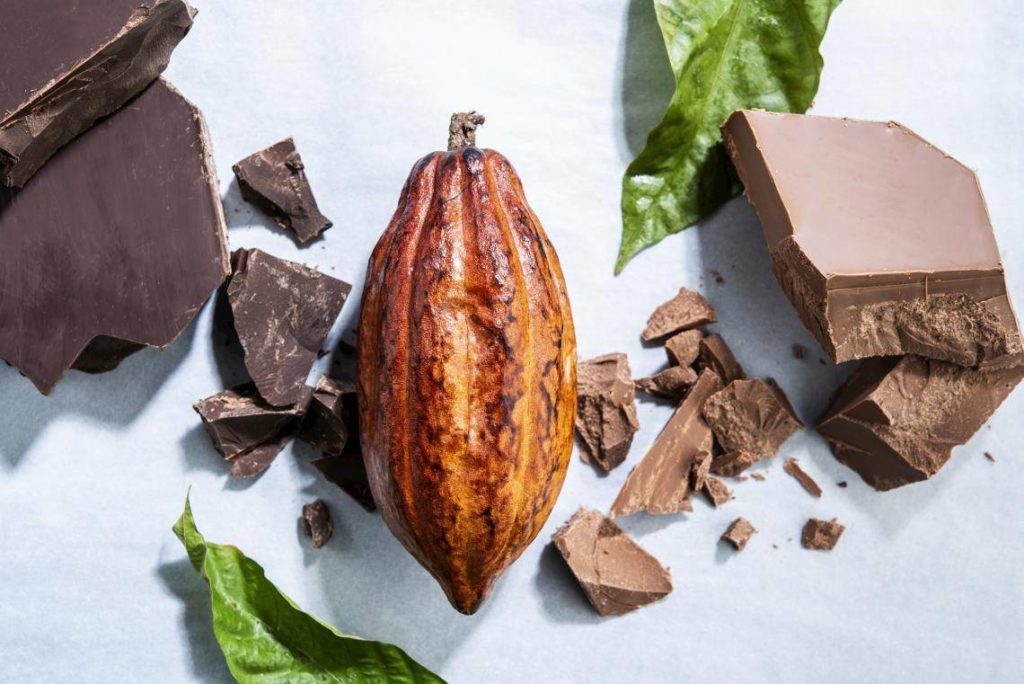
Barry Callebaut has a target to become forest positive by 2025. This means that the company has to develop a greater understanding of where deforestation is at risk of occurring in its supply chain. For cocoa Barry Callebaut has worked in close partnership with the renowned environmental sustainability consultancy, Quantis, to develop an innovative carbon footprinting assessment to evaluate the impacts of land-use change (LUC) and deforestation driven by cocoa farming.
Through the combination of GPS, satellite imagery, and farm-level data, this new assessment enables the company to gain a better understanding of the contribution of each farm or cooperative that it source from to its direct land-use change emissions.
“At Quantis, we’re proud of developing this cutting-edge carbon footprinting assessment with Barry Callebaut to evaluate the impacts of cocoa farming on land-use change and deforestation. It provides a more realistic snapshot of what is happening on the ground, paving the way for more precise footprints, reduction strategies and action plans to tackle land-use change emissions in the cocoa supply chain effectively. We hope this will inspire the wider industry to action and accelerate sustainable transformation,” says Michele Zollinger, Natural Capital Solutions lead at Quantis.
Having an understanding of where deforestation is at risk of occurring, one can also establish a better link between forest protection activities and carbon accounting at the farm level. Importantly, using satellite data also helps the company to analyze deforestation events on the ground in greater detail. This provides it with the opportunity to engage with cocoa farming communities on the adoption of natural resource management and avoid activities; such as land-clearing for agriculture, which can result in deforestation.
Carbon reduction in cocoa supply chain
According to the company’s statement, the satellite data also helped the company analyze deforestation events with even more focus. This depth of detail provides the opportunity to engage with farming communities on the adoption of natural resource management and avoid activities such as land-clearing for agriculture, which can result in deforestation.
Enabling customers to account for the carbon impact
The development of this new assessment also claimed to have helped customers with calculating their carbon impact more accurately and will enable Barry Callebaut to provide carbon-neutral chocolate. Customers can input recipes into our carbon footprint calculator, get a clear view on the impact of their chocolate, and learn more about the methodology behind the numbers.
Creating a more sustainable chocolate and cocoa industry
As part of Barry Callebaut’s Forever Chocolate commitments, the company aims to be carbon and forest positive by 2025. But it also looks beyond its chocolate and cocoa supply chain. Barry Callebaut is working to create a movement to address the biggest challenges in the industry. It can only be done by working together to develop innovative and scalable solutions.
Barry Callebaut recommends the assessment to other companies committed to forest protection or would like to link forest protection activities at farm level with their carbon goals.
